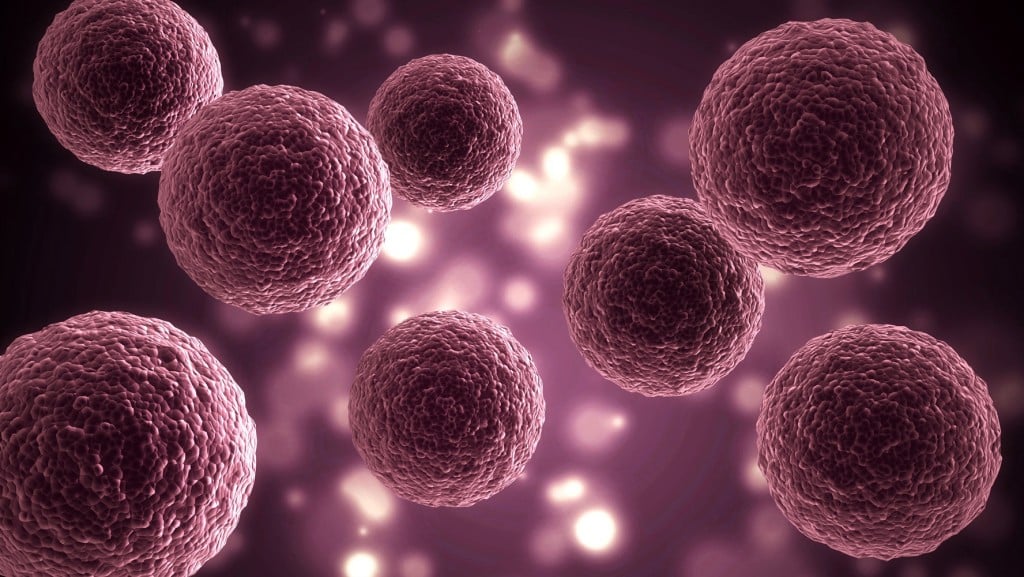Breast Cancer’s Methionine Dependency, Offers Potential Treatment Ways
Cells can use the same precursor to produce either methionine or cysteine, but can free up cysteine from cystine, an oxidized cysteine dimer with structural functions. Methionine dependency, or the inability to efficiently produce methionine, is a metabolic vulnerability that could be exploited to treat certain cancers.
“Most normal cells generally can survive the acute deprivation of methionine, but some tumor cells are very sensitive to its scarcity,” says Toker, an investigator at the Ludwig Center at Harvard Medical School. “In this paper, we show how this methionine dependency is controlled by PIK3CA, a gene that drives cancer when it is mutated in a way that hyperactivates its protein product.”
Toker and his colleagues show in their paper that the oncogenic PIK3CA’s aberrant activity alters the cell’s production of methionine by inhibiting the activity of another protein named xCT, which imports a molecule involved in the cell’s production of a related amino acid.
“The concept that all cancers rewire metabolic pathways to fuel the needs of rapidly dividing cells has gained great traction in the cancer community in the last decade or so,” Toker said. “We and many other labs have been trying to drill deep in identifying such metabolic vulnerabilities to arrive at novel therapeutic approaches to treating patients.
”In the course of their study, the scientists screened 13 lines of breast cancer to understand which ones are unable to survive in methionine -starved environments. They found that low levels of xCT activity are linked with Met-dependency in cancer cells. This was surprising, as xCT is known to control the cellular import of cystine.
Produced from a metabolite named homocysteine, Methionine and cysteine are both perceived important building block for proteins; homocysteine can be chemically modified to produce methionine or can be shunted towards the synthesis of cysteine.
“Homocysteine has two major fates in a given cell,” explains study first author Evan Lien, a former graduate student in Toker’s lab. “It can either be chemically modified to produce methionine, or it can be shunted towards the synthesis of cysteine.”
The scientists speculated that in cancer cells where oncogenic PIK3CA is blocking cystine import, homocysteine would be used to make cysteine. This would leave less homocysteine available to produce methionine, making those breast cancer cells more dependent on an external supply of methionine.
Therefore, Toker and team used an existing drug called sulfasalazine that is known to inhibit xCT. And found that breast cancer cells that would normally survive in methionine-starved environments were no longer able to do so when bombarded with the drug. “The idea would be to target tumors with a drug that blocks xCT,” says Toker. “By doing this, a tumor cell would push homocysteine toward cysteine biosynthesis and the cell would ultimately die due to methionine deprivation, while leaving normal cells unaffected.”
The team wants to further this research by evaluating the feasibility of that approach next.






























